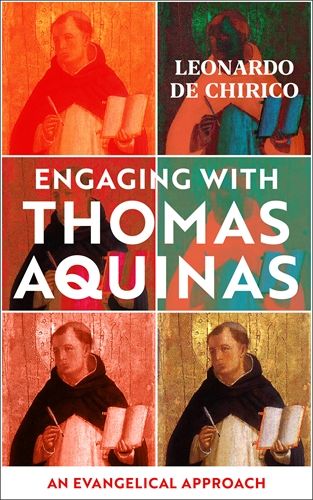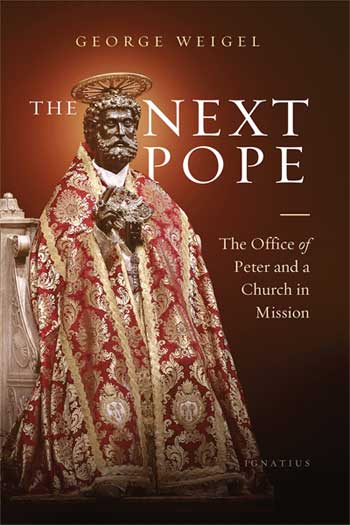“On the Vietnam journey, if I don’t go, John XXIV certainly will.” In the traditional inflight press conference on the papal plane returning to Rome from Mongolia (September 4), Pope Francis hinted at his possible successor. Being asked what his plans are for future international journeys, Francis showed awareness of his frailty, due to age and poor health conditions. This is why he cannot plan long-term. He also indicated the name of a possible successor who could replace him after he is gone. Of course, he did not refer to a specific individual, but to the papal name he wished the next Pope could take.
The indication of the name “John XXIV” sheds light on the preferred portrait of the pope of the future. It is worth noticing the possible names he did not refer to and the one he used during the interview.
“Francis II” was not mentioned for understandable reasons. A reigning Pope wishing his successor to follow his steps is legitimate, but indicating that he should choose his name would have been an abnormal form of egocentrism. In his 10-year tenure, Francis has shaped the next conclave (i.e. the assembly of cardinals who will elect the next Pope) by nominating 70% of it. Most of the new cardinals are Francis’s friends and like-minded people. Obviously, he wants the successor to follow in his footsteps, but wishing him to take the name “Francis II” would have been a faux pas.
“Benedict XVII” wasn’t mentioned either. Despite formally polite co-existence, Francis has always thought of himself as breaking off the ecclesiastical trajectory of Pope Ratzinger. There has been a cleavage between the two on all grounds: doctrine, practice, style, language, strategy. After the death of Benedict XVI, Francis tried to limit his influence and close his era. Certainly, Francis does not want Pope Ratzinger’s staunchly “Roman” and traditional line to be revived after the end of his reign. He believes there is no place whatsoever for a “Benedict XVII” in the future of the Roman Catholic Church.
Furthermore, a “John Paul III” was not indicated as a desirable follow-up. John Paul II’s legacy is surely tied to the re-launching of Rome’s catholicity (i.e. the embracement of the world into Rome’s sacramental and institutional structures) – something that Pope Francis is also pursuing in his own way. However, John Paul II (now a “saint”) was also the Pope who engaged in “culture wars” with the secularizing West, upholding traditional Roman Catholic moral identity-markers (e.g. opposition to abortion, euthanasia, and homosexuality). He created an “us” versus “them” mentality in the relationship with the world, especially the secular West. This oppositional posture is very far from Pope Francis’s more “catholic” and inclusivist strategy. He wants to underline that we are “all brothers” and continue to be so despite professing different religions and having opposite ethical convictions. Francis does not want the Roman Church to be a polarizing agency but a place where differences exist in harmony.
“Paul VII” did not appear to Francis as a desirable successor either. While Francis often positively quotes Paul VI as the one who wrote the encyclical Evangelii Nuntiandi (1975) calling the Roman Church to engage in “evangelization” (to be understood in the Roman Catholic sense of expanding the borders of the Roman Church), he apparently dislikes the black and white picture that Paul VI painted in dealing with moral issues such as the regulation of birth in his encyclical Humanae Vitae (1968). Paul VI created a chasm between the world and the Church. On the contrary, Francis wants to eliminate all separation and treats differences, even the sharpest ones, as instances of human richness to be harmonized.
Neither “Francis II,” “Benedict XVII,” “John Paul III,” nor “Paul VII.” Why “John XXIV” then? Here are some possible explanations for why Pope Francis would like his successor to imitate or look like John XXIII. John XXIII is known as the “good pope” who was approachable, kind, warm, and humble. Giuseppe Roncalli (1881-1963), John XXIII, was the Pope who convened the Second Vatican Council in 1959. The Council only began in 1962, and John XXIII died during it. Vatican II is the watershed event in the present-day Roman Catholic Church whereby Rome began to downplay its centuries-long insistence on the “Roman” sides of its identity (e.g., hierarchy, full adherence to the catechism, submission to the ecclesiastical authority) and to stress its “catholic” aspirations (e.g., inclusion, embracement, absorption). Francis thinks of himself as enacting and implementing this aspect of Vatican II.
Moreover, in the opening address to Vatican II, John XXIII remarked that the Council had no doctrinal agenda but wanted to develop “a magisterium which is predominantly pastoral in character.” Neither condemnations of the world nor theological definitions were to be expected. What ensued was a wholehearted affirmation of the goodness of the modern world. Francis likes to underline the pastoral nature of everything the Church says and does. The pastoral dimension (warm, welcoming, accepting of all) is often referred to as if it were in opposition to the doctrinal one. Francis thinks of his pontificate as a “pastoral” attempt at building bridges instead of creating walls with the whole world, leaving doctrinal issues aside. He wants this “pastoral” emphasis to be kept and even increased by his successor. A John XXIII-like pope is expected to promote universal fraternity in ecumenical, inter-faith, and social relationships.
A final comment is in place. Unlike John Paul II, Benedict XVI, and Francis, John XXIII was an Italian pope. Among the candidates to succeed Francis, Cardinal Matteo Zuppi, the Italian archbishop of Bologna and president of the Italian Bishops Conference, is at the top of the list. In recent months, Francis sent Zuppi to visit Ukraine, Russia, the US, and now China as his ambassador for peace in the Ukraine war. In so doing, he wanted to raise Zuppi’s international profile. In many ways, Cardinal Zuppi resembles the portrait of “John XXIV”: not known for his strong doctrinal views, but recognized as a cardinal dedicated to dialogue, peace, and fraternity. Did Pope Francis intend to indirectly campaign for him?

AVAILABLE FOR PRE-ORDER!
On the occasion of the 8th centenary of Thomas Aquinas, the book is a thoughtful introduction aimed at presenting the main contours of his complex legacy and critically evaluating it especially in areas where the “Roman Catholic” Thomas is more than the “classical” theologian who is attracting renewed attention in evangelical circles. IVP Books

